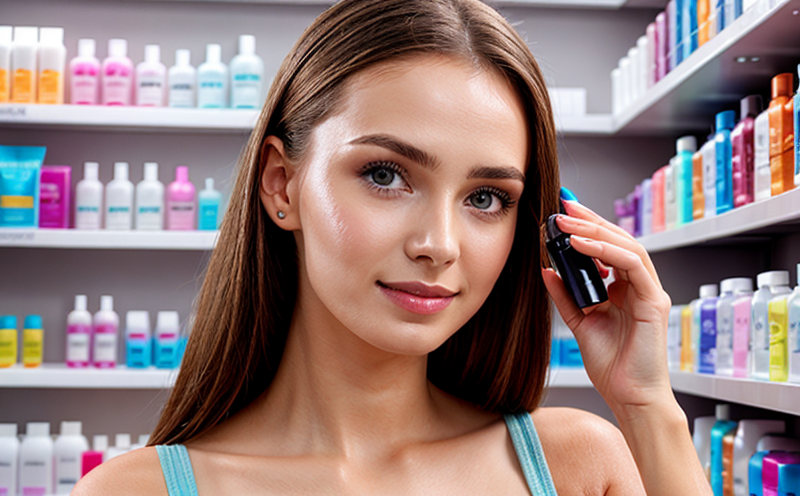Safety in Personal Care Products: A Comprehensive Guide
Personal care products are a crucial part of our daily lives, helping us to maintain cleanliness, hygiene, and overall well-being. However, the safety of these products has become a growing concern in recent years due to the increasing number of reported adverse reactions, allergies, and even life-threatening conditions associated with their use. In this article, we will delve into the importance of safety in personal care products, discuss common safety issues, and provide guidance on how to choose safe products for yourself and your loved ones.
Common Safety Issues in Personal Care Products
Personal care products can contain a wide range of ingredients, many of which have been linked to various health problems. Some of the most common safety concerns include:
Skin Irritation: Many personal care products contain fragrances, dyes, and preservatives that can cause skin irritation, including redness, itching, and rashes.
Allergic Reactions: Fragrances and other ingredients in personal care products can trigger allergic reactions, ranging from mild hives to life-threatening anaphylaxis.
Here are some detailed explanations of these issues:
Fragrances: A Major Culprit
Types of Fragrances: Personal care products often contain a wide range of fragrances, including essential oils, aroma compounds, and fragrance extracts.
Skin Irritation and Allergies: Many people experience skin irritation or allergic reactions to fragrances, particularly those with sensitive skin.
Some common fragrance-related issues include:
1. Contact Dermatitis: A type of skin reaction that can cause redness, itching, and blisters.
2. Allergic Contact Dermatitis: A severe form of contact dermatitis that can lead to life-threatening conditions such as anaphylaxis.
3. Skin Sensitization: A condition where the skin becomes increasingly sensitive to fragrances over time.
Preservatives: The Hidden Dangers
Types of Preservatives: Personal care products often contain preservatives like parabens, formaldehyde-releasing agents, and isothiazolinones.
Health Risks: Some preservatives have been linked to various health problems, including:
1.
Cancer: Parabens, for example, have been shown to mimic the effects of estrogen in the body, potentially leading to cancer.
2.
Neurological Damage: Formaldehyde-releasing agents have been linked to neurological damage and even Alzheimers disease.
Choosing Safe Personal Care Products
With so many safety concerns surrounding personal care products, it can be challenging to know what to choose. Here are some tips for selecting safe products:
Read Labels Closely: Look for products with minimal ingredient lists and avoid those containing known allergens or irritants.
Opt for Natural Ingredients: Choose products that use natural ingredients instead of synthetic fragrances and preservatives.
Check Certifications: Look for certifications like EWG Verified or Leaping Bunny, which indicate that the product meets certain safety standards.
QA Section
Here are some frequently asked questions about personal care product safety:
1. Q: What is the difference between natural and organic ingredients?
2. A: Natural ingredients are derived from plants or other natural sources, while organic ingredients are grown without pesticides or synthetic fertilizers.
3. Q: Are all natural products safe for use?
4. A: While natural products may be safer than their synthetic counterparts, they can still cause adverse reactions in some individuals. Always read labels and patch test new products before using them extensively.
5. Q: Can I trust product claims like hypoallergenic or fragrance-free?
6. A: These claims are not regulated by the FDA, so its essential to look beyond marketing language and research ingredients thoroughly.
7. Q: What can I do if I experience a reaction to a personal care product?
8. A: If you experience any adverse reactions, discontinue use immediately and consult with a healthcare professional for advice.
Conclusion
Personal care products are an integral part of our daily lives, but their safety is often overlooked until its too late. By understanding the common safety issues in these products and taking steps to choose safe alternatives, we can reduce the risk of adverse reactions and promote overall health and well-being.

































